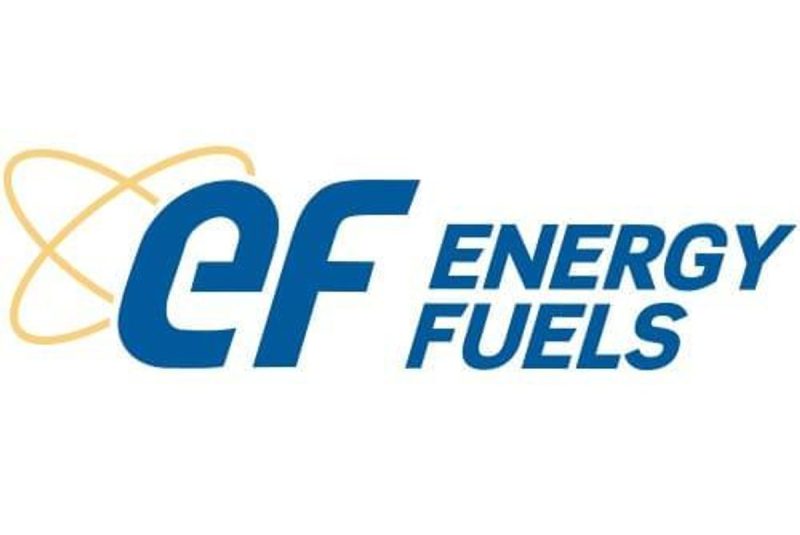Energy Fuels: The Vital Role of Nuclear Power in Today’s Energy Landscape
As the world continues to seek sustainable and diverse sources of energy, the role of nuclear power in the energy landscape is becoming increasingly important. Nuclear power, a form of energy produced through nuclear reactions, plays a vital role in meeting the energy demands of modern society while reducing greenhouse gas emissions. This article explores the benefits, challenges, and future prospects of nuclear power as an energy fuel.
Benefits of Nuclear Power
Nuclear power offers several key advantages that make it a valuable energy source. Firstly, nuclear power plants have a high energy output, providing a reliable and consistent source of electricity that can meet the demands of large populations. This steady energy supply contributes to grid stability and helps prevent power outages.
Secondly, nuclear power is a low-carbon energy source, producing minimal greenhouse gas emissions compared to fossil fuels. As concerns about climate change mount, the ability of nuclear power to generate electricity without significant carbon dioxide emissions is a major advantage in the fight against global warming.
Moreover, nuclear power is a highly efficient energy source, with a small amount of nuclear fuel yielding a large amount of energy. This efficiency not only reduces the need for fuel transportation and storage but also contributes to the overall sustainability of nuclear power as an energy fuel.
Challenges of Nuclear Power
Despite its benefits, nuclear power also faces several challenges that must be addressed. Safety concerns, such as the risk of accidents and nuclear waste disposal, remain key issues in the nuclear power industry. The catastrophic events at Chernobyl and Fukushima have highlighted the potential dangers of nuclear power and underscored the importance of stringent safety measures.
In addition to safety concerns, nuclear power faces public perception challenges, with many people harboring negative views of nuclear energy due to its association with nuclear weapons and past accidents. Building public trust in the safety and reliability of nuclear power is crucial for its acceptance as a mainstream energy source.
Furthermore, the high upfront costs of building nuclear power plants and the long lead times for construction present financial and logistical challenges. The need for significant investment in infrastructure and regulatory frameworks can hinder the widespread adoption of nuclear power as a primary energy source.
Future Prospects of Nuclear Power
Despite the challenges, nuclear power holds immense potential as a clean and reliable energy source for the future. Advanced nuclear technologies, such as small modular reactors and next-generation designs, offer innovative solutions to enhance safety, efficiency, and sustainability in the nuclear power sector.
Furthermore, the increasing interest in nuclear energy among emerging economies and the growing global focus on decarbonization present opportunities for nuclear power to play a more significant role in the energy mix. As countries seek to transition to a low-carbon economy, nuclear power can complement renewable energy sources like solar and wind power to achieve a diverse and sustainable energy portfolio.
In conclusion, nuclear power represents a crucial energy fuel that can help address the world’s growing energy needs while reducing carbon emissions. By overcoming safety challenges, improving public perception, and investing in advanced technologies, nuclear power can become a key player in the transition to a cleaner and more sustainable energy future.

